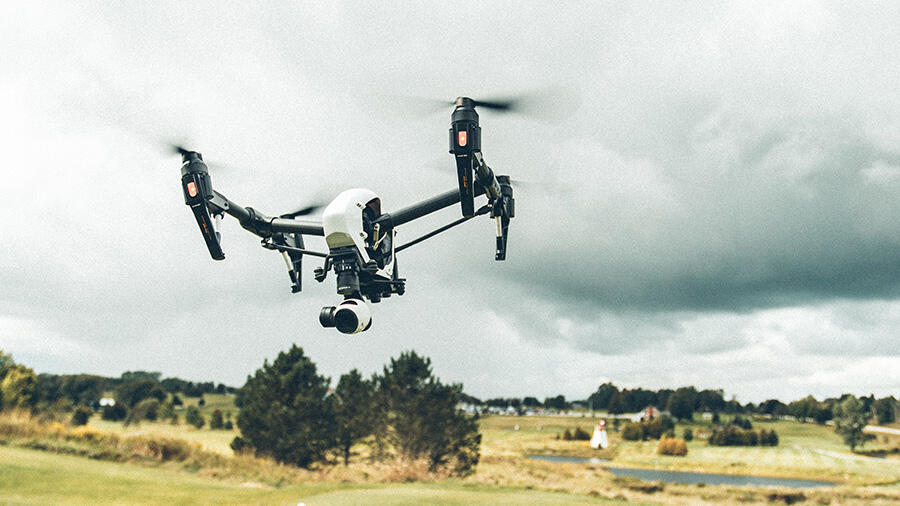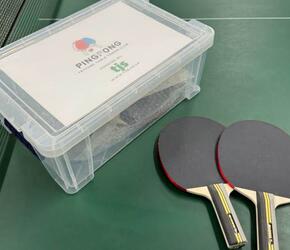
Drone photography and the law
Our latest guide examines the current regulations surrounding aerial photography and in particular drone photography.
Since the CAA’s DMARES (Drone and Model Aircraft Registration & Education Service) came into being in 2019, there have been updates to the regulations which now affect everyone flying a drone or UAV (unmanned aerial vehicle). At TJS, we believe that anyone commissioning commercial drone photography should be confident that the operator they choose ticks all of the CAA’s required boxes.
CAA requirements for flying a drone
There are two types of ID required by the CAA; Flyer ID and Operator ID, with ‘flyers’ being anyone who flies a drone and ‘operators’ being whoever is responsible for the drone and the flyer. Depending on circumstances, the Flyer ID and the Operator ID may be held by the same person.
Flyer ID
Anyone wanting to fly a drone or a UAV such as a model aircraft, must take and pass the CAA’s online test. There is no longer an age limit, although children under 13 must be accompanied by an adult when they take the test. Previously, the Flyer ID had to be renewed every three years, now it lasts for 5 years. It is the responsibility of the flyer to fly safely and legally.
Operator ID
The operator is the person responsible for managing the drone, and is often the person who owns the drone. The operator must ensure the drone is maintained to relevant standards, keeping built-in software up to date, and that anyone flying it has a valid flyer ID.
Can anyone carry out commercial drone photography?
Prior to 2021, while commercial drone pilots were not formally licensed by the CAA, they were required to have the CAA’s permission to carry out commercial work. This took the form of the Permission for Commercial Operations certificate (PfCO) which had to be in place prior to any work being carried out.
From December 31st 2020, there has been no requirement for drone pilots to hold a permission or a licence to fly a drone commercially, unless flying in congested areas, as the CAA no longer makes a distinction between ‘flying commercially and flying for pleasure or recreation.’ However, all commercial drone work has to be covered and for drones weighing more than 25kg that are being flown over an urban area, an Operational Authorisation is necessary.
CAA approved drone photography from TJS
Our professional drone operator is one of the few CAA approved drone licence holders in Lincolnshire and TJS is fully insured for commercial operations with £5m of public liability insurance.
When you hire us to carry out a project for you, we will:
- Carry out risk assessments to include site visits, mapping and hazard analysis.
- Brief all on-site crew members fully, covering emergency procedures.
- Conduct pre- and post-flight checks
- Keep a pilot logbook of hours flown.
It is against the law to fly a drone without the required IDs and anyone caught doing so can be fined and even imprisoned, so professional drone photography from TJS gives you the peace of mind that your project will be carried out following all the guidelines and regulations of the CAA.
To discuss any aspect of drone photography or aerial photography, including roof surveys and building inspections, property photography, event photography and architectural rendering, call us today on 01507 525500 or send an email with some details to info@tjs.co.uk


